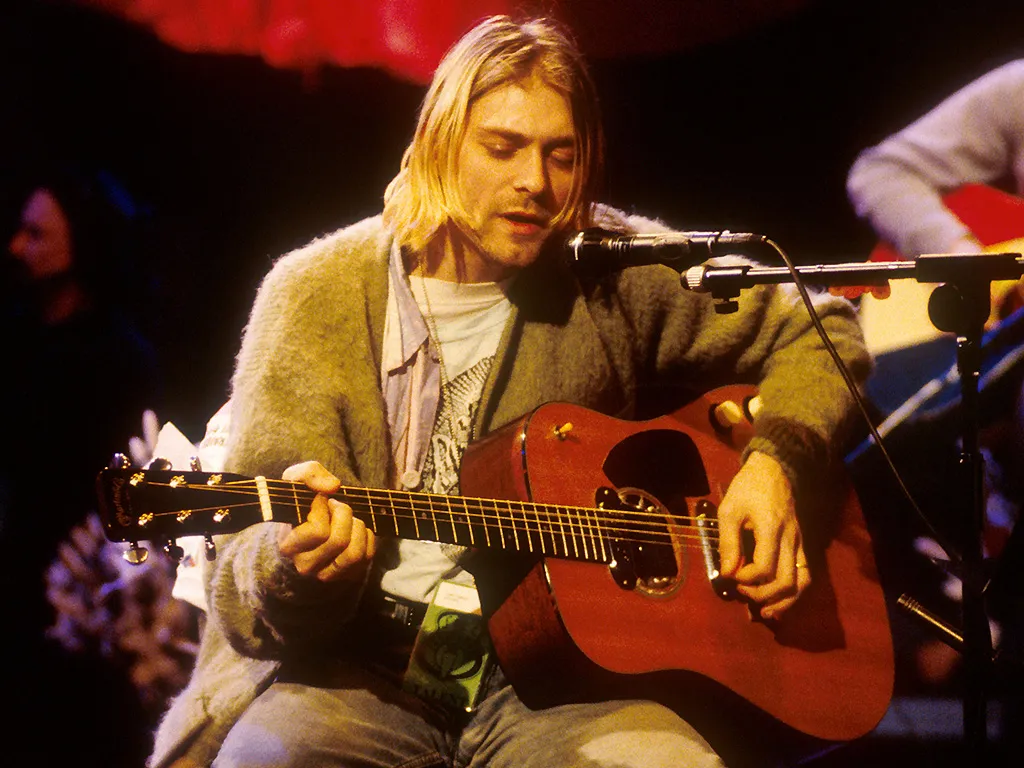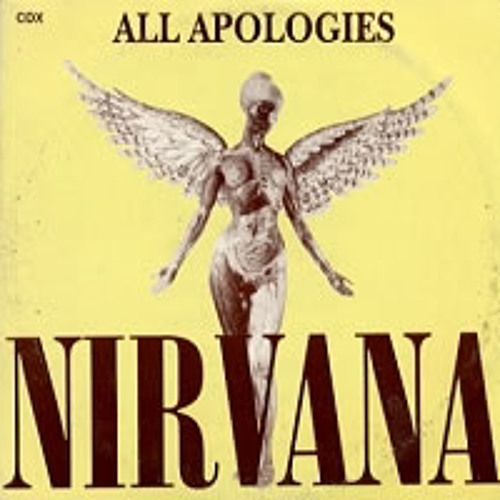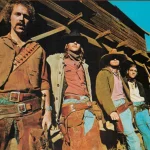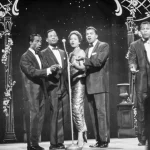“All Apologies” by Nirvana: A Deeper Dive into Melancholy and Legacy

“All Apologies,” an iconic track from Nirvana’s 1993 album In Utero, stands as a profound testament to Kurt Cobain’s songwriting prowess. Penned by Cobain in 1990, the song deviates significantly from the band’s characteristic raw intensity, offering listeners a surprisingly introspective and gentle sonic landscape. This softer approach made it a standout on In Utero, an album that itself explored more experimental and less commercially polished sounds compared to their breakthrough Nevermind.
While Nirvana was largely known for their loud, aggressive grunge anthems, “All Apologies” showcased a different facet of their artistry. Its understated melody and poignant lyrics explore themes of contentment, domesticity, and perhaps a quiet resignation to life’s complexities. The repeated lines, “All apologies,” and “In the sun I feel as one,” evoke a sense of acceptance and a search for peace amidst personal turmoil. It’s a song that feels both deeply personal and universally relatable, touching on the desire for simple happiness even when facing immense public scrutiny and internal struggles.
The song’s enduring appeal was further cemented by its unforgettable performance on MTV Unplugged in New York. This particular rendition, stripped back to its raw essentials, features a captivating melancholic cello that intertwines beautifully with Cobain’s vocals. The “Unplugged” version amplifies the song’s emotional resonance, highlighting its vulnerability and haunting beauty. Without the distortion and power of electric guitars, the raw honesty of Cobain’s lyrics and the delicate interplay of the acoustic instruments create an even more intimate and captivating experience. The cello, in particular, adds a layer of somber elegance that perfectly complements the song’s introspective mood, transforming it into a poignant and unforgettable elegy.
“All Apologies” ultimately became one of Nirvana’s most beloved and enduring songs, lauded by critics and fans alike. It served as a powerful reminder of Cobain’s versatility as a songwriter, capable of crafting both blistering rock anthems and delicate, emotionally resonant ballads. Its legacy continues to resonate, not only as a highlight of Nirvana’s discography but also as a significant piece of ’90s rock history, showcasing the band’s profound impact beyond their grunge origins. The song remains a powerful symbol of artistic expression, capturing a moment of profound introspection and quiet beauty within the tumultuous world of rock and roll.











